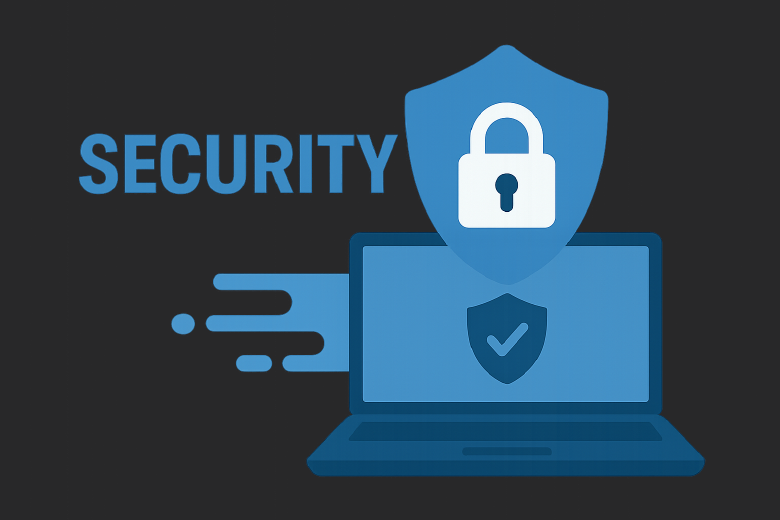Navigating VPN Security: Essential Tips

With internet privacy becoming a bigger concern in the wake of new regulations like the UK’s Online Safety Act, more people are turning to Virtual Private Networks (VPNs). If you’re looking for the best VPN for privacy or security on Android, understanding how to choose wisely is key. This guide breaks down what UK users should know about picking a VPN, focusing on privacy, security protocols, and no-logs policies.
Understanding VPN Security
A VPN, or Virtual Private Network, encrypts your internet data and routes it through servers in various locations. This masks your IP address and boosts your privacy. Here’s what to look for in a secure VPN:
-
Secure VPN Choices: Prioritize VPNs with strong encryption like AES-256, which is widely trusted by banks and governments. Look for VPNs using robust protocols such as OpenVPN, WireGuard, or IKEv2/IPsec, which offer a solid mix of speed and security.
-
Privacy-First VPNs: If privacy is your top concern, pick VPNs that don’t track your activity. Choose providers that have had independent security audits and offer clear, transparent privacy policies.
-
No-Logs VPNs: A VPN that keeps no logs means the provider doesn’t store your browsing data. This is vital for maintaining privacy, as it ensures there’s nothing to hand over if requested. The best ones will clearly state their no-logs policy and may even have third-party verification.
-
Secure VPN for Android: Mobile security is crucial. The best VPNs for Android will have dedicated apps with features like a kill switch, DNS leak protection, and automatic Wi-Fi protection to keep your data secure on the go.
-
VPN Security Tips: Enhance your safety by regularly updating your VPN, using multi-factor authentication, and avoiding free VPNs that might compromise your security for profit.
-
Top VPN Protocols: The protocol a VPN uses affects its security. OpenVPN is highly regarded for its balance of speed and reliability. WireGuard is a newer, streamlined option that’s also gaining popularity for its efficiency and security.
Common Questions from Users
| Question | Explanation |
|---|---|
| How does a VPN protect my privacy online? | VPNs encrypt your data and hide your IP address, making it tough for others to track you. |
| What’s different about a no-logs VPN? | A no-logs VPN doesn’t store your browsing data, ensuring better privacy than those that do. |
| Why is strong encryption so important? | It makes sure your data can’t be easily accessed or understood by unauthorized individuals. |
| How do I pick the best VPN for Android? | Look for VPNs with good Android apps, solid security features, and positive user reviews. |
| What are the downsides of using a free VPN? | Free VPNs might skimp on security and could sell your data to make money. |
| Which VPN protocol offers the best security? | OpenVPN and WireGuard are recommended for their strong security and performance. |
| How often should I update my VPN software? | Regular updates are essential as they often include security patches to fix vulnerabilities. |
| Is it necessary to use a VPN at home? | Even at home, a VPN can provide an extra layer of privacy and security. |
Wrapping Up
Choosing the right VPN means looking closely at security protocols, privacy policies, and the provider’s reputation. By focusing on secure, no-logs VPNs, UK users can enjoy safer internet browsing. Don’t forget to follow best practices for VPN security to get the most out of these tools. With changing regulations, staying informed and proactive about online security is more important than ever.
